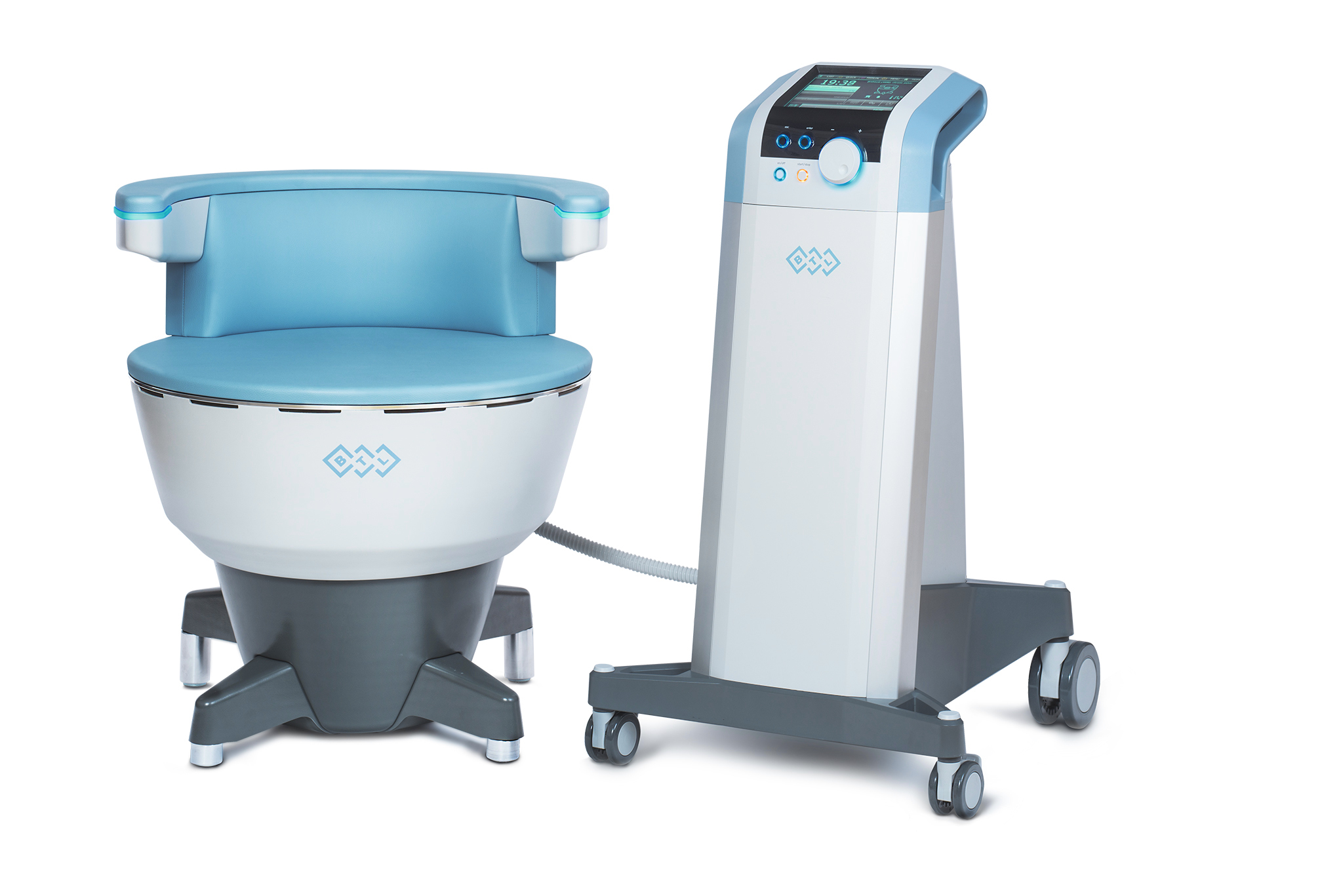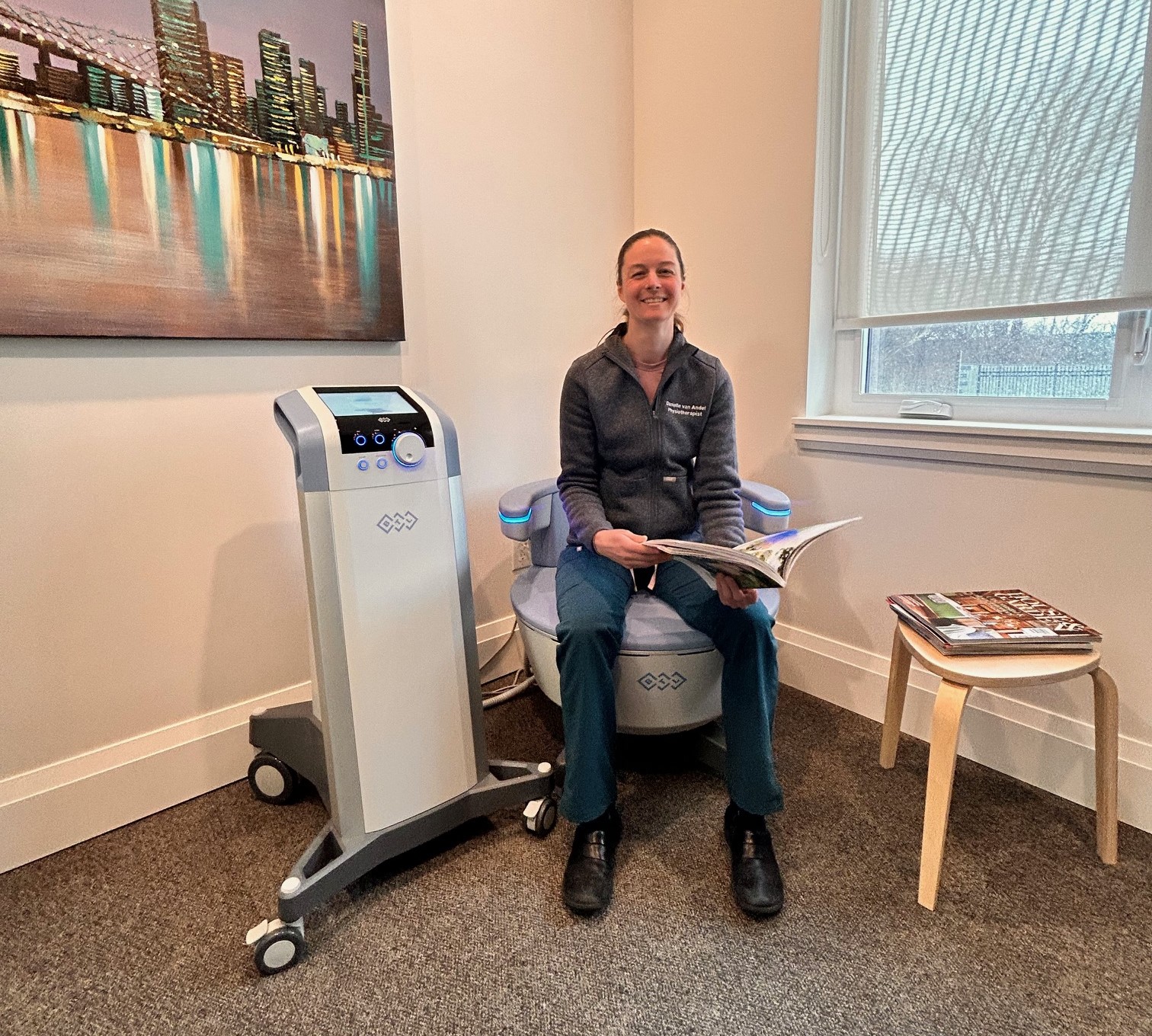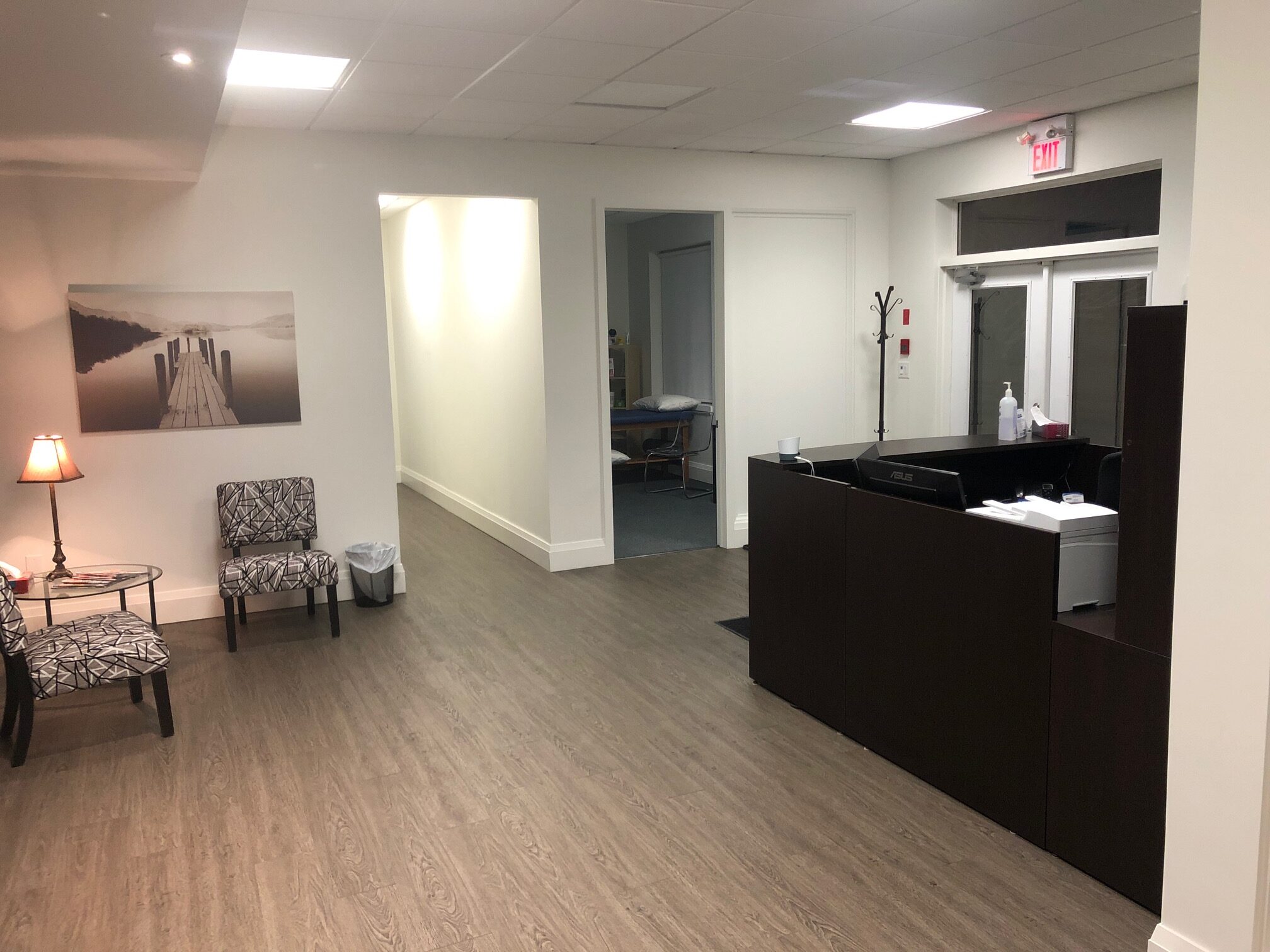Pelvic organ prolapse is a condition that affects 50% of women who have had children, though it also occurs in women who have never been pregnant as well. Pelvic Organ Prolapse becomes more common as women age, affecting 40% of women over age 50. It generally occurs when the pelvic floor muscles and surrounding tissues can no longer support the downward pressure of the pelvic organs. Contributing factors can include pregnancy and childbirth, hormonal changes such as menopause, and chronic constipation.
While doing kegels may be enough to manage a prolapse for some women, many women will be unsuccessful without help. There are many reasons for this.
If you are having pain or discomfort associated with your prolapse, chances are those symptoms are actually coming from increased tension or trigger points in your pelvic floor muscles. In this case, kegels may not make a difference in your symptoms, and may even make the pain worse. Often pelvic floor physiotherapists can eliminate this pain or discomfort just by getting rid of this tension, even without changing the prolapse. (Don t worry, improving the prolapse itself is the next step).
Another reason that kegels may not be helping your prolapse is that you re not doing them correctly. One in three women are unable to do a kegel properly. Frequently women use the abdominals, glutes or adductor muscles to help with their kegels. Unfortunately these muscles won t help a prolapse. Another reason may be that you need to work on pelvic floor muscle endurance or timing. A muscle is only useful if it contracts when you need it. Your pelvic floor needs to contract with coughing, laughing, sneezing and lifting to counteract the downward pressure.
A pelvic floor physiotherapist will assess the function of your pelvic floor, and determine what is contributing to your specific symptoms. She will tailor an exercise program for you and your prolapse. One on one pelvic floor physiotherapy has been shown to be an effective treatment for pelvic organ prolapse.
To schedule an initial consultation with Pelvic Floor Physiotherapist Danielle van Andel please call Pure Pelvic Health today. The telephone number is (905) 218-6556 to speak with our friendly receptionist Twila.
Individualised pelvic floor muscle training in women with pelvic organ prolapse (POPPY): a multicentre randomised controlled trial. Hagen S, Stark D, Glazener C, Dickson S, Barry S, Elders A, Frawley H, Galea MP, Logan J, McDonald A, McPherson G, Moore KH, Norrie J, Walker A, Wilson D; POPPY Trial Collaborators. Lancet. 2014 Mar 1;383(9919):796-806


